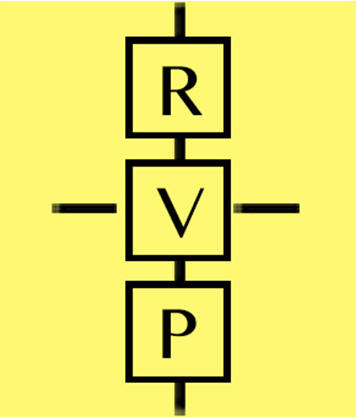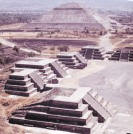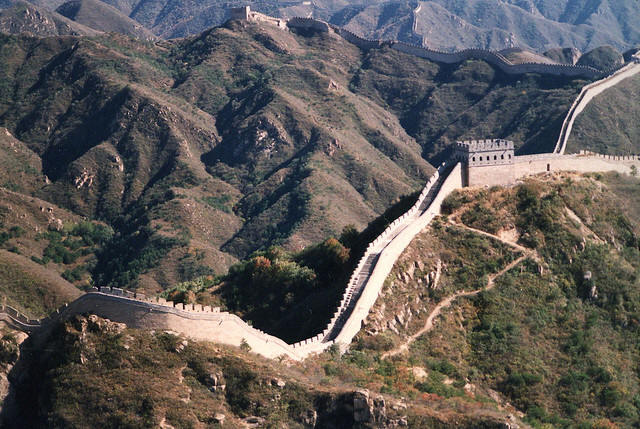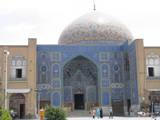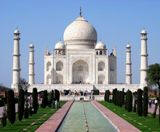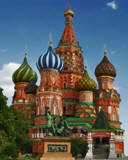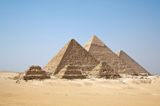|
AN INVITATION
THE ANNUAL SEMINAR
The Humanization
of Social Life: Change
in Our Times
September 5 -
November 10, 1990
Washington, D.C.
If change is our
natural condition why do we now find it so difficult?
The Greek word for physical reality (physis)
means change as a life process; the Latin root for
"nature" expresses birth or progressive emergence.
Following Aristotle, Thomas Aquinas considered such
change to be the most obvious characteristic of reality.
John Dewey cited the emphasis upon progress and
innovation as the proper characteristic of the modern
mind.
Yet, philosophers
in Hungary note that though years of effort and
experience have made clear where they must go as a
society, the process of change--how to get there--is
deeply enigmatic. With the sudden dawn of the
post-Communist period, this experience is shared broadly
throughout the so-called "Second World," from the Berlin
Wall to the Pacific. The "Third World" has been
struggling with this dilemma for decades under such
terms as "development," "modernization" and "social
realignment." In the "First World" the issue is in some
ways more treacherous as the narcotic effect of relative
material affluence has deadened people's awareness and
weakened their resolve to reverse the riptides of
decline in family and community solidarity and of growth
in crime and addiction.
Could it be that
the same reasons that now impose change also make it
especially difficult? Could the very acuity of concepts,
the rigor of structures and the concentration of powers
which have made progress possible now have become
impediments to humane adaptation. All three worlds
appear to be experiencing the same problem: scientific
and technical instrumentation--whether in the form of a
so-called scientific philosophy of history, a promised
industrialization or a new age of information and
communication--have come variously to enslave, exploit
and/or depersonalize the nations which have taken them
up.
The efforts at
change which now reecho throughout the world suggest
that economic transformation is required, but cannot
proceed without political reforms, and that both--as
indeed all social progress--require a deeper sense of
human dignity, personal transcendence and ultimate
meaning. Resources exist on all these levels; they need
to be identified. Perhaps even more, the modes of their
interaction need to be envisaged in a creative manner if
change is to give birth to progress.
Toward this end
this seminar calls upon resources of various cultures
and disciplines in order to analyze the present
problematic of change, to identify the resources for its
accomplishment, and above all to explore the modalities
for undertaking this great adventure for the XXIst
century.
|

